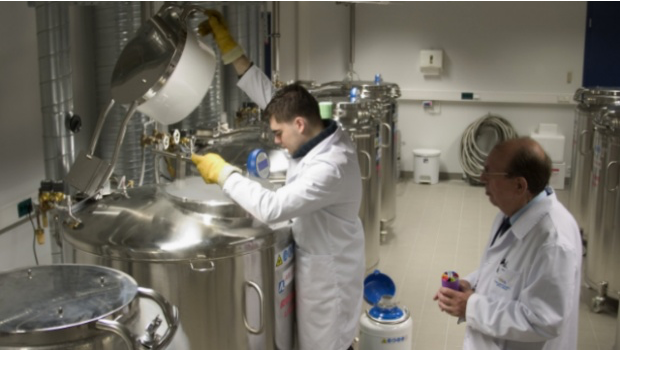
Estonia's genomic and precision medicine research has received some notable press lately. As chronicled in a recent Nature article, "How Estonia blazed a trail in science," the country has modernized its research base with the assistance of more than €1 billion in EU funds since it joined the European Union in 2004. According to the article, the country now boasts strengths in numerous fields, including molecular biology and genetics, and has built up extensive international research networks.
“Estonia has been more determined than any other country in central and eastern Europe to take advantage of the financial opportunities for science that come with EU membership,“ says Conor O’Carroll, an independent research-policy and funding consultant based in Ireland in the article in Nature. However, the article also notes that EU funding is getting harder to acquire, so Estonia may have to increase its own contribution or look to private sources of funding.
The story in Nature reveals how after independence, a cybernetics institute run by Estonia’s Academy of Sciences was transferred to Cybernetica, which was owned by the state at the time and was fully privatized in 2005. The firm developed the X-Road architecture that Estonia uses for encrypted online government services. That platform is the backbone of the nation’s health information system, which connects doctors and health-care providers to centrally stored personal health data and medical records.
A very ambitious biobank
Estonia’s digital ecosystem also makes it easier to do data-intensive research. A recent article in Forbes Magazine describes one of the most high-profile results: the country’s ambitious biobank. Hosted by the Estonian Genome Centre, it now includes genetic and health information for about 150,000 individuals, more than 20% of the country’s adult population, with another 50,000 samples to be collected in 2019.
Estonian World reveals that the Estonian government has spent €7,3 million Euros to collect the DNA samples from 150,000, and the data will be linked with the national health information system from 2019-2022.
The biobank offers citizens free genotyping, as well as feedback on their risks of particular diseases, and how lifestyle changes could affect those. “It will take some time until we see the public-health benefits — but I’m very sure we will see them eventually,” says molecular biologist Andres Metspalu of the Institute of Genomics, who first suggested creating the biobank twenty years ago, in the article in Nature.
The idea for genotyping a national population originated with deCode Genetics, which started to gather DNA from Icelanders back in 1996, but Icelanders did not automatically receive any feedback.
Lili Milani, the head researcher at the Institute of Genomics, told Estonian World that the collected genetic data in Estonia will help scientists conduct a wider scope of medical research – all the participants who donated their DNA sample have given their consent for this.

